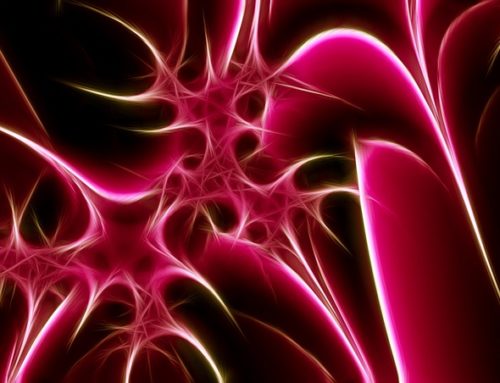As awareness and testing increase, so do diagnoses of attention deficit hyperactivity disorder (ADHD). At the same time, there has been an exponential rise in the number of people taking medications for this common condition. Questions still exist about efficacy and side effects, but the prescriptions just keep coming.
This is not to say medication can’t be helpful. Rather, we’d like to see more focus aimed at alternative, medication-free approaches to the management and treatment of ADHD. With that in mind, let’s take a closer look at the available options. Such choices can range from professional treatment to dietary changes to self-care.
Can Neurofeedback Treatment Help?
Neurofeedback is a therapy designed to help people re-train their brains. Specifically with ADHD, neurofeedback has been found to:
- Improve impulse control
- Enhance focus
- Reduce distractibility
- Increase executive function
All of this and more is possible because our brains are malleable. We can begin changing our brainwave activity with as few as 20 sessions with proper guidance. It’s possible without medication.
The Role of Diet and Digestion
ADHD can make a person feel out of control. Taking charge of what you eat daily is an excellent way to take back some control while taking steps to reduce the severity of symptoms. The nutrients you consume are absorbed in your gut. This process facilitates the manufacturing of neurotransmitters contributing to better moods and focus.
Simply put, what you eat can affect how you experience ADHD. Some suggestions:
- Get tested: Allergens like gluten and dairy may cause digestive issues in some children and adults as can nutrient deficiencies. Speak with a physician specialising in this area to get tested and learn more.
- Say “goodbye” to “excitotoxins:” Your brain does not appreciate artificial food additives (chemicals, colors, sweeteners, etc.). Become a label reader to avoid these ingredients and watch your concentration rise as your hyperactivity eases.
- Say “hello” to antioxidants: Consuming whole foods like carrots, spinach, sweet potatoes, dried plums, etc. keeps you brimming with the antioxidants you need to counteract the impact of pollutants and processed food.
- Speaking of whole foods: Choosing whole, unprocessed foods goes hand-in-hand with better focus and executive function.
If you want to put some power back into your own hands, get educated about nutrition.
A Few More Suggestions
Regular Sleep Patterns
 The equation is simple. ADHD can cause sleep disturbances. Thus, regulating yourself into steady sleep patterns is a fundamental way to control symptoms. Be patient as you settle into a timetable of getting to bed at the same time each night and waking up at the same time every morning.
The equation is simple. ADHD can cause sleep disturbances. Thus, regulating yourself into steady sleep patterns is a fundamental way to control symptoms. Be patient as you settle into a timetable of getting to bed at the same time each night and waking up at the same time every morning.
Spend Time Outdoors
Humans evolved to be outside — breathing fresh air, near greenery, in the sun. The current mainstream culture is antithetical to these needs. This has become more obvious since 2020. Someone with ADHD must enjoy quality outside time every single day. If they do, the symptom reduction will be palpable.
Know Your Options
In case it’s not clear, the above advice is not a permission slip to ditch your medication without consulting your doctor. However, it is most certainly an invitation for you to consult with your medical team about all available options. Work together to find the right combination for your specific needs.
What About Therapy?
Connecting with an experienced therapist is a proven way to relieve ADHD symptoms without medication. Your weekly sessions are a safe space in which you can explore what you feel. Your therapist can guide you to best cope with these feelings. Therapy is also an ideal complement to the suggestions discussed above. If you would like to learn more about your options, I invite you to reach out and schedule a free 30 min session today or read more to also learn about the sound training approach we use in addition to neurofeedback.
Click here for more information on ADHD Therapy.




